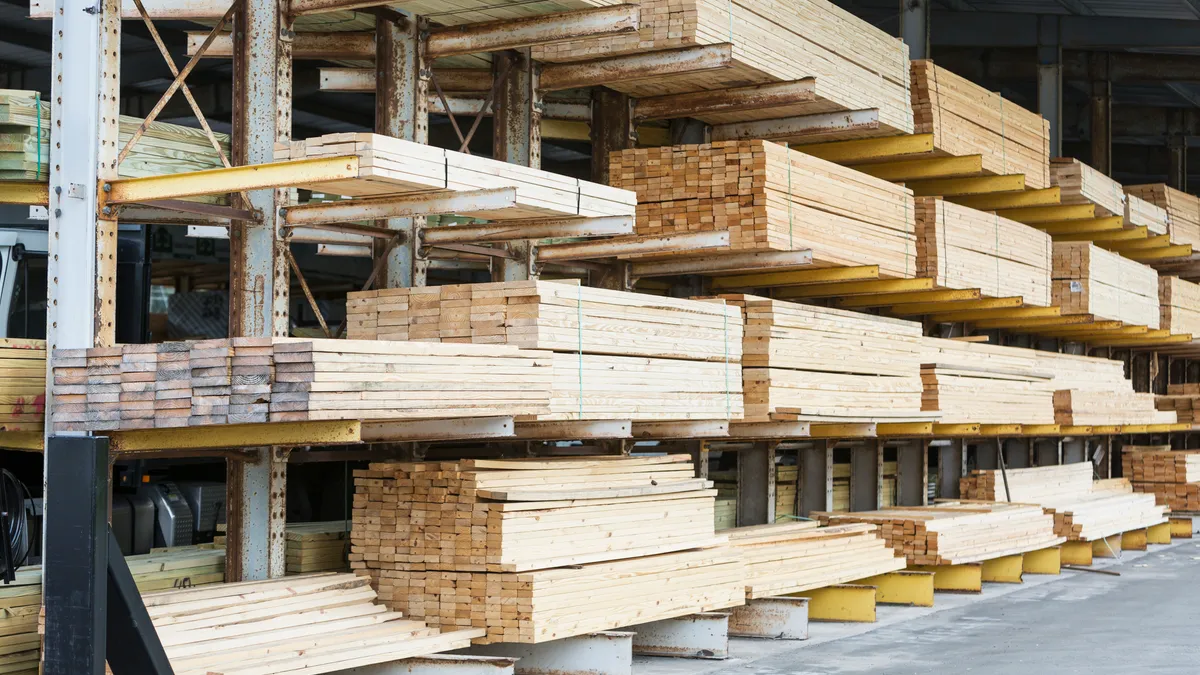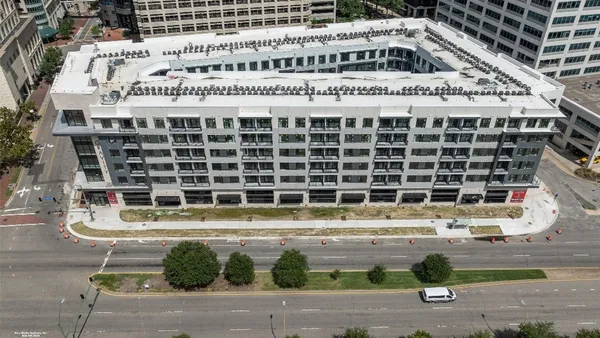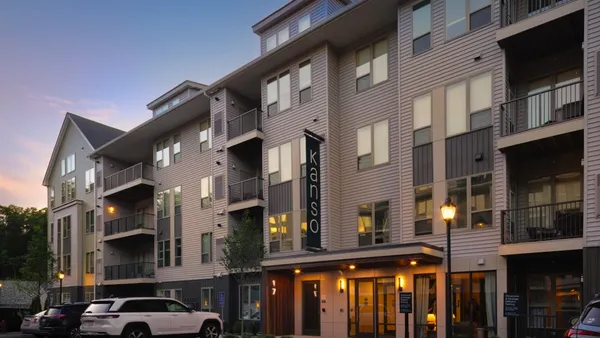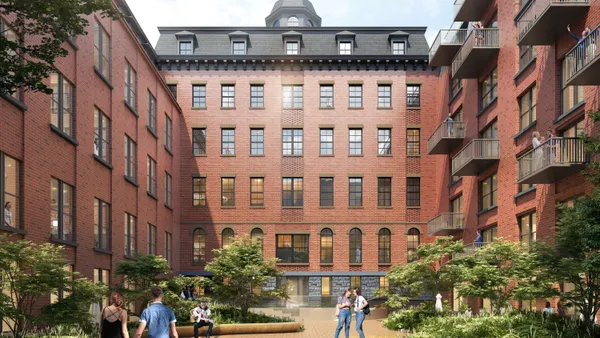A majority of multifamily developers are struggling with project delays related to financing, material price increases and permitting, according to a new NMHC survey.
Ninety percent of respondents reported construction delays, with 78% of this group reporting delays in permitting and 86% experiencing start delays.
The cost of materials remains on the rise, with 76% of respondents to the quarterly construction survey experiencing price increases in projects, at an average rate of 9%. One bright spot is that lumber prices, on average, declined for a second straight quarter, dropping 2% over the last three months.
| Material | 3-month change |
| Electrical components | +12% |
| Exterior finishes and roofing | +8% |
| Appliances | +6% |
| Insulation | +6% |
| Lumber | -2% |
SOURCE: NMHC
Forty-one percent of respondents cited economic uncertainty as a contributing factor to their delayed starts, more than double the percentage of respondents in both March and June. As the Federal Reserve continues to target inflation through interest rate hikes, an increasing share of respondents are reporting delayed starts due to a lack of available construction financing – from 7% of respondents with delayed starts in March to 15% in June and 31% in September.
The survey found that labor costs are on the rise as well, with 21% of respondents indicating that labor costs had increased more than expected over the last three months, although that was the lowest percentage in the last three quarters.
Less than a third (32%) of respondents reported construction labor to be less available compared to three months ago – down from 40% in June and 63% in March – while the share of respondents reporting a greater availability of labor has increased from 0% in March to 7% in June and 11% this round. This suggests that this ultra-tight market for construction labor might finally be starting to moderate, the report’s authors said.
Permitting slows
The number of respondents reporting that it could take nine months or longer to receive building permits more than doubled from 10% in June to 22% in September, something NMHC President Doug Bibby noted adds to the cost and timeframe of projects.
“Costs are up across the board and projects are taking longer and longer to complete,” said NMHC President Doug Bibby in the report. “Lawmakers at all levels of government should look at every policy option available to them to reform antiquated zoning, streamline the development process and incentivize the building of new housing of all types and at all prices points.”
| Permit time | March 2022 | June 2022 | Sept. 2022 |
|---|---|---|---|
| Up to 2 months | 13% | 13% | 2% |
| 3-4 months | 32% | 23% | 29% |
| 5-6 months | 26% | 37% | 24% |
| 7-8 months | 5% | 10% | 7% |
| 9+ months | 13% | 10% | 22% |
| N/A | 11% | 7% | 15% |
SOURCE: NMHC
Developers and construction firms are taking a number of steps to help alleviate these issues, from locking in prices earlier to boosting their recruitment and retention efforts. For instance, buying early, utilizing alternative materials and looking to domestic products are some of the strategies being used by Hoar Construction, according to Ripley Bickerstaff, director of business development for the firm’s Nashville, Tennessee, division.
“It is the best of times to be in the multifamily construction industry, but that comes with a caveat,” he said. “If builders don’t have processes in place to navigate recent price hikes and supply chain challenges, then a project can sink as black turns to red on the balance sheet.”











